Activist Teesta Setalvad to Continue on Bail, Says Supreme Court 2023

Activist Teesta Setalvad to Continue on Bail, Says Supreme Court 2023
Setalvad will continue to benefit from the bail that was granted in the case last year, a panel of Justices B R Gavai, A S Bopanna, and Dipankar Datta said on July 1, setting aside the High Court’s decision to deny her request for release.
The Gujarat High Court’s “findings” denying activist Teesta Setalvad regular bail were deemed “totally perverse” and “contradictory” by the Supreme Court on Wednesday. Setalvad has been charged with forging evidence about the riots in Gujarat in 2002 to blame high government officials.
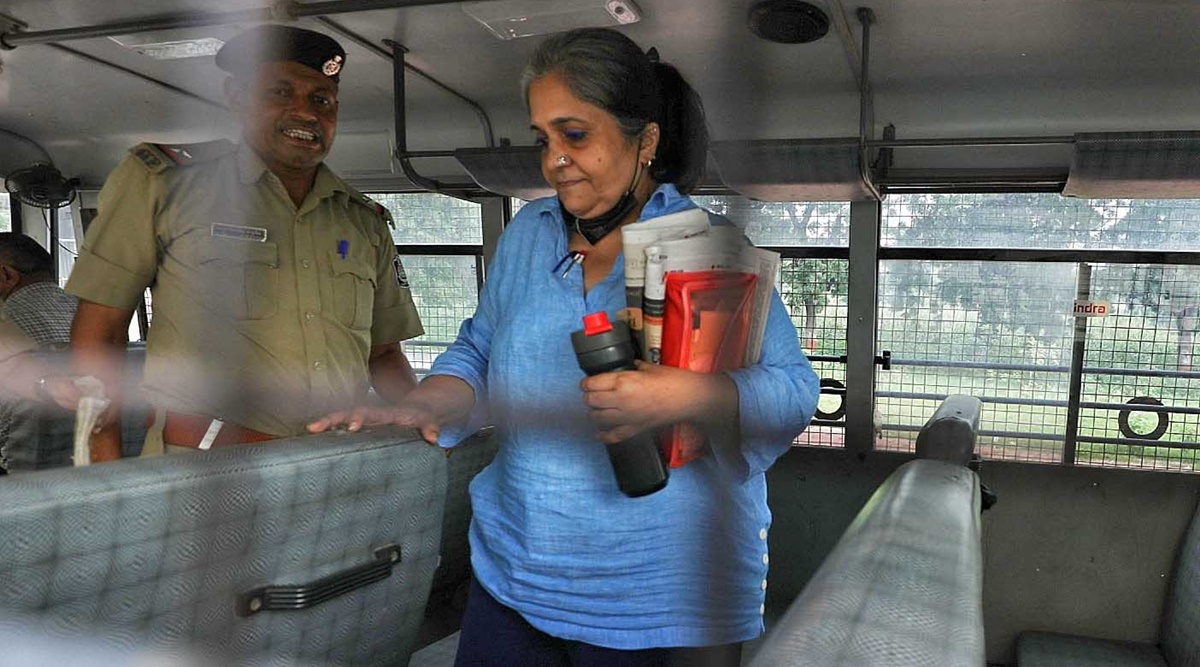
Setalvad will continue to benefit from the bail that was granted in the case last year, a panel of Justices B R Gavai, A S Bopanna, and Dipankar Datta said on July 1, setting aside the High Court’s decision to deny her request for release.
The bench ruled that the appellant must remain accessible on the bail granted to her on September 2, 2022.
The bench made the following statement in response to the High Court judgement: “The order given by the learned judge going into more than 100 pages makes an intriguing reading. On the one hand, the learned judge has devoted pages to observing how it is not essential, or instead not permitted, to consider… whether a prima facie case is made out at the stage of contemplation of grant of bail.
It is not permissible for the petitioner to assert that a prima facie case is not made out. “The learned judge has interestingly observed that since the petitioner, after filing an FIR and filing a chargesheet, has neither challenged the same in a proceeding under Section 482 CrPC or Articles 226 before the High Court nor under Article 32 before this court,” the bench said.
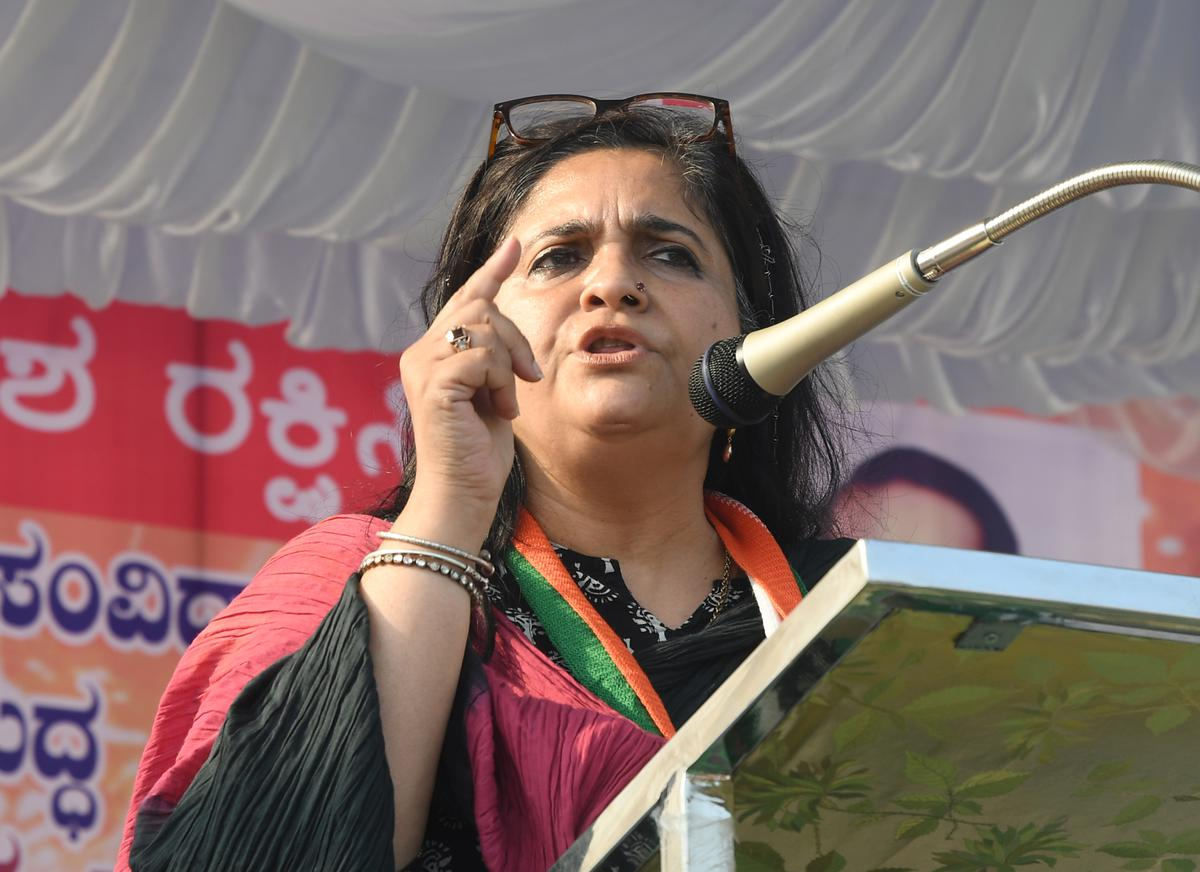
According to it, given our limited understanding of the law, the following factors must be taken into account when granting bail:
The strength of the case.
The accused could tamper with the evidence or influence the witnesses.
The accused’s ability to elude justice.
Without a doubt, the offence’s intensity and gravity must also be considered.
If the observations made by the learned judge are to be believed, it was stated in the document that “no plea for bail at the pre-trial stage could be heard unless the accused submits an action for quashing the proceedings under Section 482 CrPC or Articles 226 or 32 of Constitution. The results, to put it mildly, are absurd.
“On the other hand, the learned judge goes on to discuss the statements of some witnesses and observes that a prima facie case is made out,” the Court said. The results are utterly inconsistent.
According to the statement, “we do not find that her custodial interrogation would be necessary” since “the majority of the evidence in the present case is documentary, which is already in the investigating agency’s possession and further the chargesheet has been filed.”
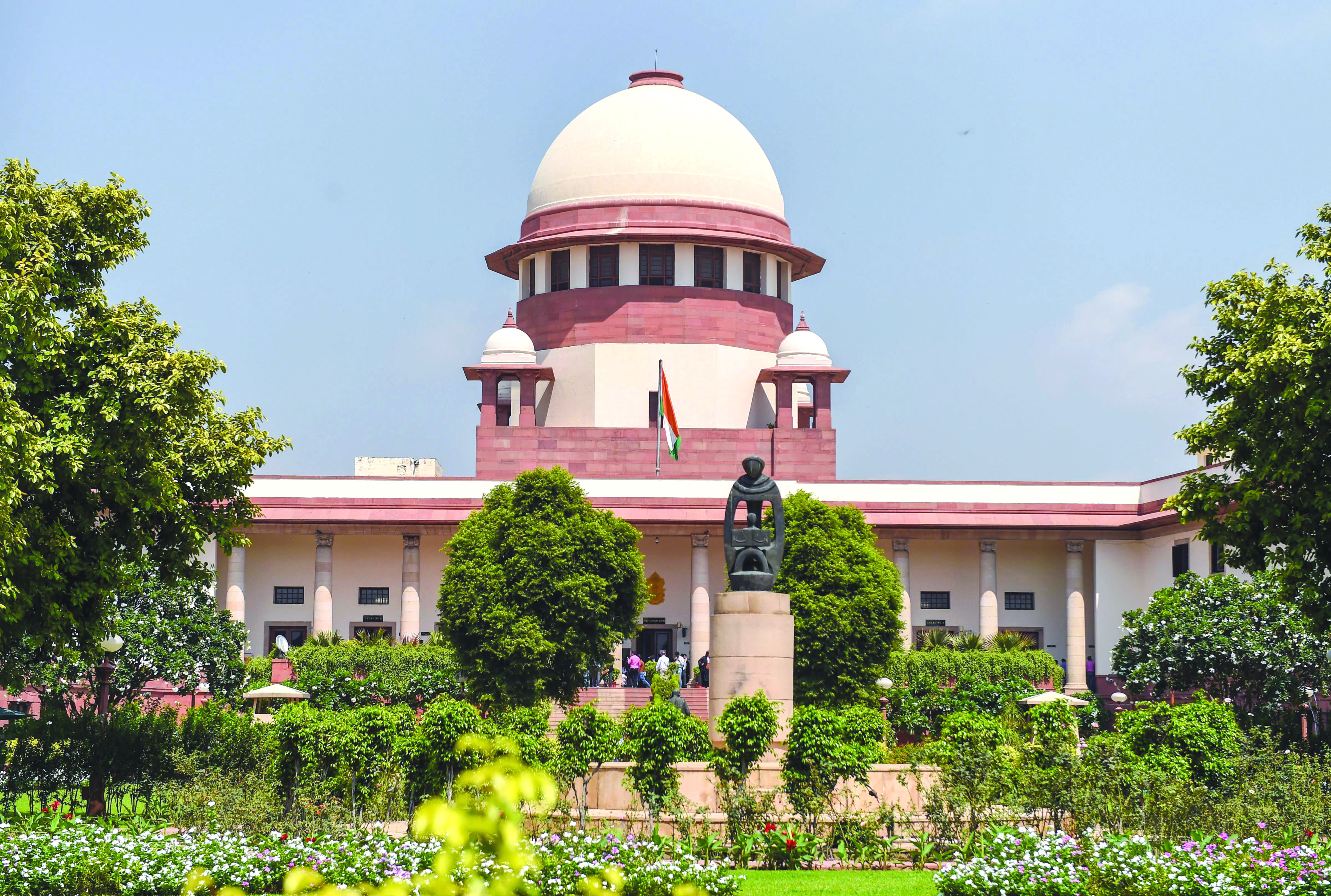
The bench stated that by ordering her not to do so, the state’s concern that the accused may sway witnesses may be addressed.
It said that “if prosecution feels that any such attempt is made, they would be entitled to move application for modification of the order directly before this court.” The ruling stated that “appellant shall not make any attempt to influence the witnesses and shall remain away from them.”
The bench made it clear that neither the remarks in the contested order nor any of the observations we made in our ranking would have any bearing on the trial court at this point in the proceedings.
On June 25, 2022, the Ahmedabad Detection of Crime Branch (DCB) filed an FIR alleging that Setalvad had conspired to falsely accuse innocent people of the Gujarat riots of 2002. The Gujarat Police then detained Setalvad on that basis.
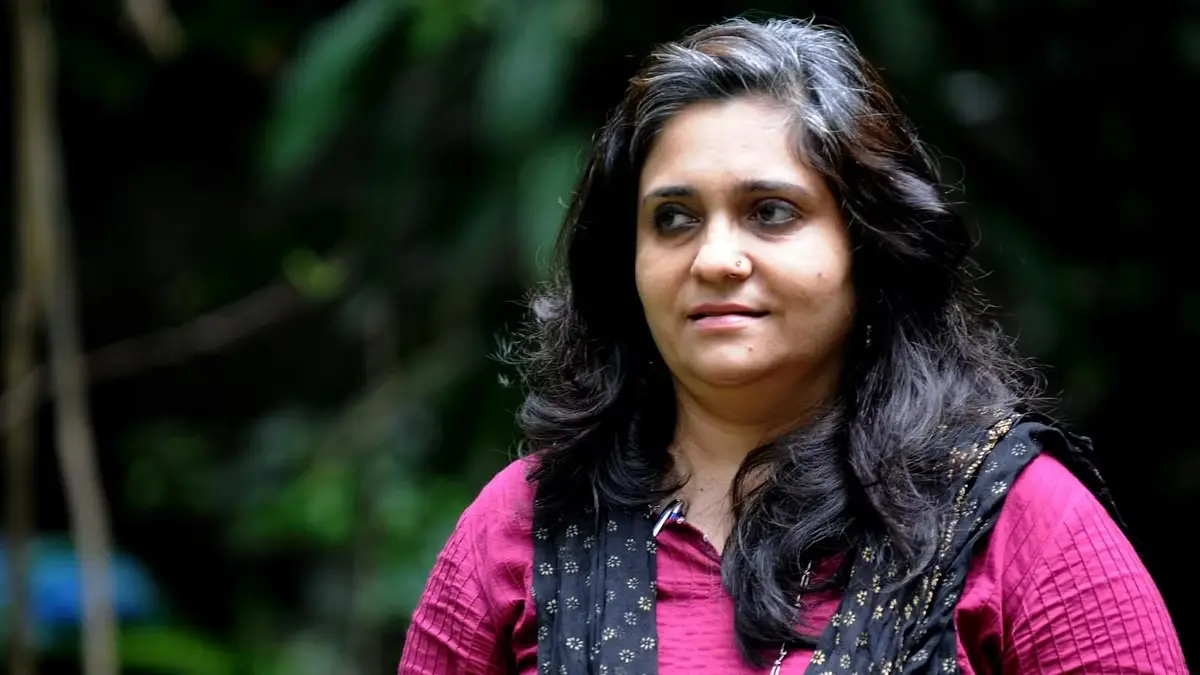
A day after the Supreme Court rejected a petition by Zakia Jafri, the wife of former Congress MP Ehsan Jafri, who was killed in the Gujarat riots, When she questioned the SIT’s conclusion that then Chief Minister Narendra Modi and others were innocent of conspiracy in the riots, she was arrested along with co-accused R.B. Sreekumar, a former IPS officer.
In its order on the Zakia Jafri case, the Supreme Court noted that the proceedings have been ongoing for 16 years, seemingly intending to keep things unsettled for some ulterior motive. Everyone engaged in this misuse of the legal system ought to stand trial and be dealt with legally.
Senior Advocate Kapil Sibal, who is representing Setalvad, stated that even though Setalvad had submitted an application to be joined as petitioner No. 2 during the procedures that led to the decision in the Zakia Jafri issue, the state had vigorously opposed it.

According to him, the observations made in paragraph 88 of the judgement could not have been used against the petitioner because she was not made a party to the proceedings. After all, the Supreme Court did not want to linger over the question of the petitioner’s locus and left the preliminary objection open to be resolved in the appropriate case due to the state government’s opposition.
Although the Court expressed some concerns verbally over the statements in the Zakia Jafri judgement, it stated in the order that “judicial propriety would not permit us to dwell into those issues” regarding the application of the observations in para. 88.
Sibal argued that all charges against her, except those under Sections 194 and 468 of the IPC, are bailable. Even if the claims in the FIR are taken at their value, he claimed, a case under Section 194 is not supported.
According to him, Setalvad is accused of coercing several residents into swearing false affidavits utilized during an inquiry. He claimed that Section 194 only addressed evidence submitted to the Court for recording.
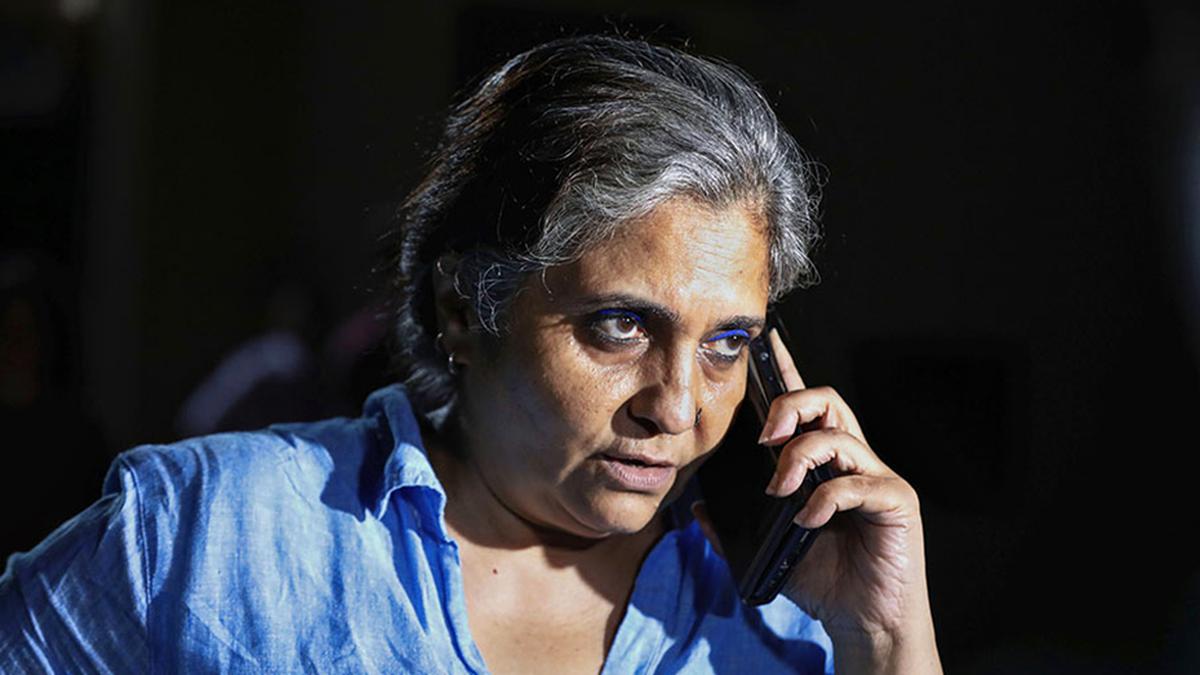
Even though Sibal contended that this case was not brought under Section 194, the Supreme Court noted in response, “We refrain from remarking anything on that point as we have already held that comprehensive elaboration of facts must be avoided at this stage. Any remark in that respect will be detrimental to either party’s argument.
In opposition to the plea for bail, Additional Solicitor General S V Raju, who represented the state, said that Setalvad was engaged in the “very heinous crime of trying to get conviction of persons, who are totally unconnected, by forging the evidence.”
To implicate higher-ups in the state government at the time, he claimed that many people had testified that the appellant compelled them to provide affidavits.
In a decisive moment of the nation’s legal saga, India’s Supreme Court, on July 20, 2023, ruled that human rights activist Teesta Setalvad would continue on bail. This judgement, underscored by the highest Court in the country, puts a temporary halt to the legal whirlwind surrounding Setalvad, offering a brief respite.
Teesta Setalvad is a name etched deep into India’s civil rights history annals. As an activist, she has tirelessly sought justice for victims of communal violence. Through her organization, Citizens for Justice and Peace (CJP), co-founded with her husband, Javed Anand, Setalvad has been instrumental in seeking accountability for the gruesome communal violence that gripped Gujarat in 2002. Her efforts have resulted in numerous legal battles, one of which led to today’s judgement.
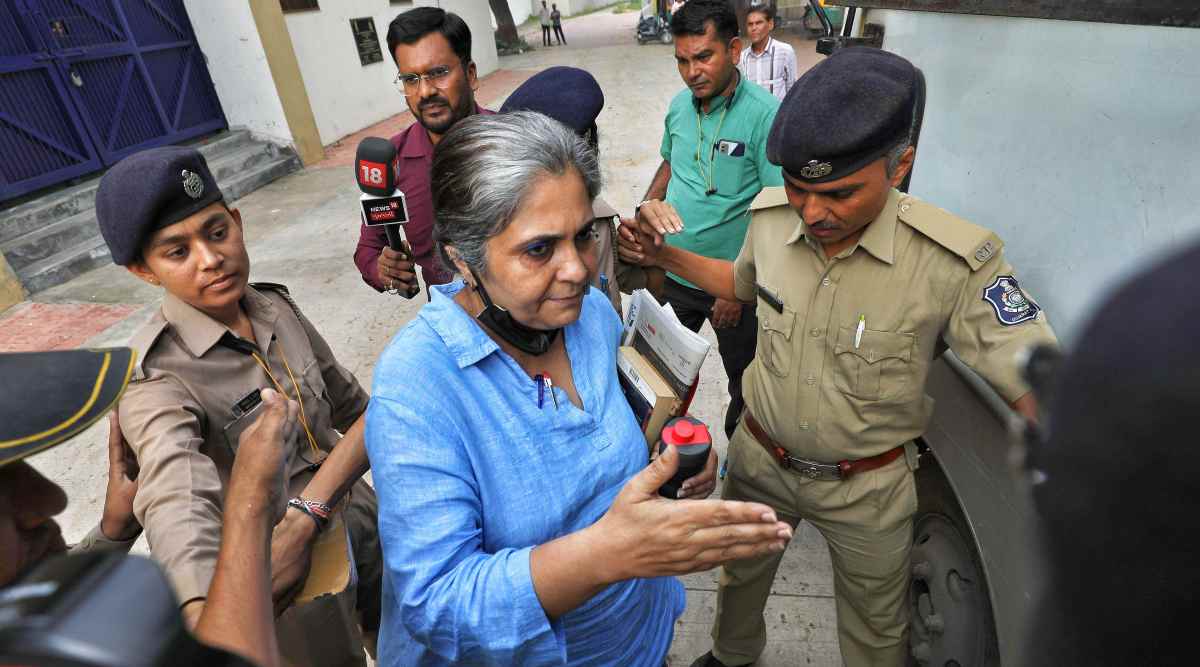
The background to this case revolves around the allegations of misappropriation of funds by Setalvad and her husband, purportedly intended for a memorial for the riot victims. Setalvad and Anand were accused of funnelling donations for their NGOs into personal accounts. They have been under scrutiny since these allegations were made, leading to a legal back-and-forth that reached the Supreme Court. It’s important to note that both Setalvad and Anand have vehemently denied these allegations, terming them as ‘politically motivated’.
The Gujarat government initially challenged the current bail granted to Setalvad in the Court. The primary contention was that she might tamper with evidence or influence witnesses, thus obstructing the investigation into the alleged misappropriation of funds. However, after considering the facts of the case, the potential of tampering with evidence, and Setalvad’s significant contributions to civil society, the Supreme Court decided to let the activist continue on bail.
In its judgement, the Supreme Court stated, “Given the facts of the case, the Court sees no reason to believe that the accused will interfere with the evidence or influence witnesses if she continues to be on bail. In light of the accused’s significant contributions to civil society, her bail will continue until further notice.” It is to be noted that the Court’s judgement is not an acquittal or a statement on the merits of the allegations but simply an affirmation of Setalvad’s right to freedom while the investigation proceeds.
Supporters of Setalvad and human rights activists across the country have hailed this ruling as a victory for justice and due process. They maintain that Setalvad’s dogged pursuit of justice for victims of communal violence has earned her detractors who would rather see her efforts curtailed.
Critics, however, claim that the Supreme Court’s decision to allow Setalvad to continue on bail might embolden other accused individuals. They assert that this might set a precedent where influential people could circumvent the law.

This decision by the Supreme Court marks yet another turn in the tumultuous journey of Teesta Setalvad. As she continues to remain free on bail, it is clear that this chapter of her saga is far from closed. Setalvad’s fight for justice and her battle in the courts are two narratives that continue to unfold side by side. However, What remains unchanged is Setalvad’s unwavering commitment to justice, which has defined her life and career.
The future of this case will be keenly watched, as it not only determines the fate of one of India’s most prominent human rights activists but also serves as a testament to the strength and resilience of the Indian judiciary.



